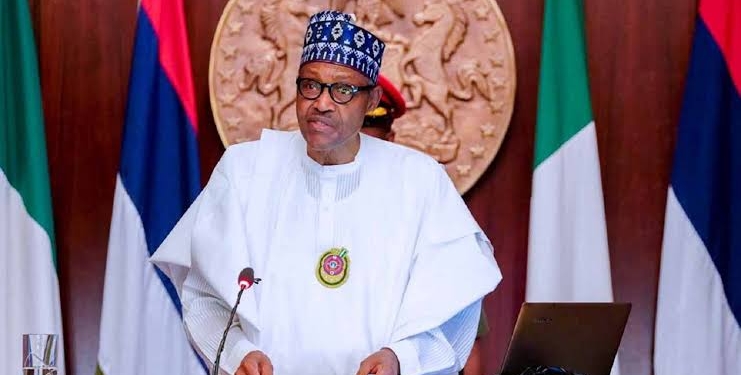President Muhammadu Buhari has said he is assured that the Discrimination Against Persons With Disabilities Prohibition Act would be fully implemented following the inauguration of the National Commission for Persons with Disabilities.
The President disclosed this on his official Twitter handle (@MBuhari) saying “I am happy to have fulfilled my promise to the community of Persons with Special Needs, by assenting to the Disability Bill. We have also inaugurated a National Commission for Persons with Disabilities, to take the work to the next level, and implement our vision in full”
He also thanked Governors of Plateau, Lagos and Nasarawa States for implementing laws to protect persons with disabilities and urged Governors of Yobe, Kano, and Kogi to implement their laws, while those yet to do so should follow suit.
“I thank the Governors of Plateau, Lagos and Nasarawa States for enacting disability laws and establishing Disability Rights Commissions; I am calling on Governors of Yobe, Kano & Kogi to implement their laws, while those States that are yet to do so should take necessary action.” He said.
Nigeria ratified the United Nations Convention on the Rights of People with Disabilities (CRPD) in 2007 and its Optional Protocol in 2010. Since then, civil society groups and people with disabilities have called on the government to put it into practice.
On January 23, 2019, Nigeria’s President Muhammadu Buhari signed into law the Discrimination Against Persons with Disabilities (Prohibition) Act, 2018, following 9 years of relentless advocacy by disability rights groups and activists.
The law prohibits discrimination on the basis of disability and imposes sanctions including fines and prison sentences on those who contravene it. It also stipulates a five-year transitional period for modifying public buildings, structures, and automobiles to make them accessible and usable for people with disabilities.
The National Commission for Persons with Disabilities will be responsible for ensuring that people with disabilities have access to housing, education, and healthcare. The Commission will be empowered to receive complaints of rights violations and support victims to seek legal redress amongst other duties.

